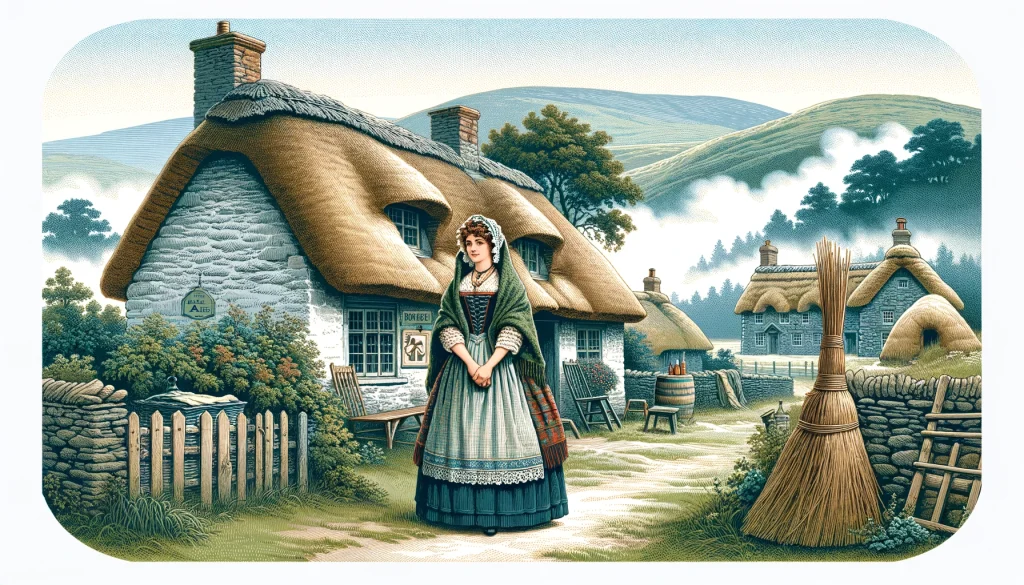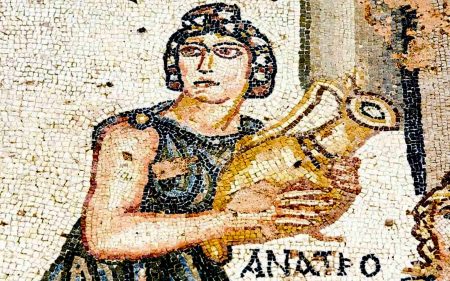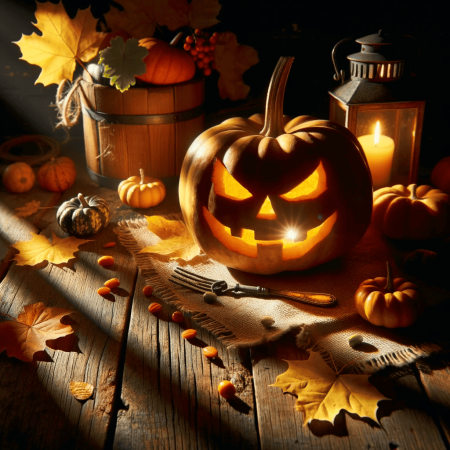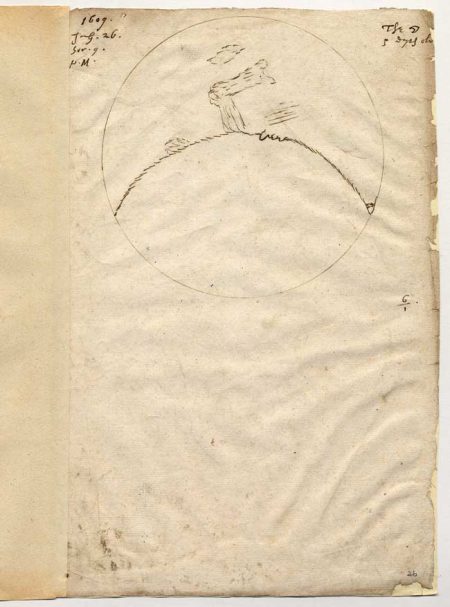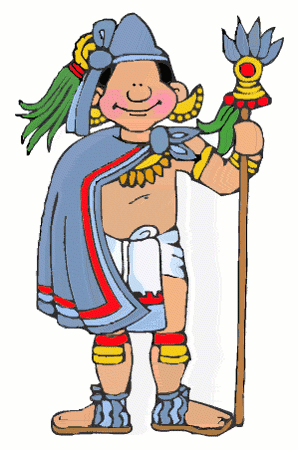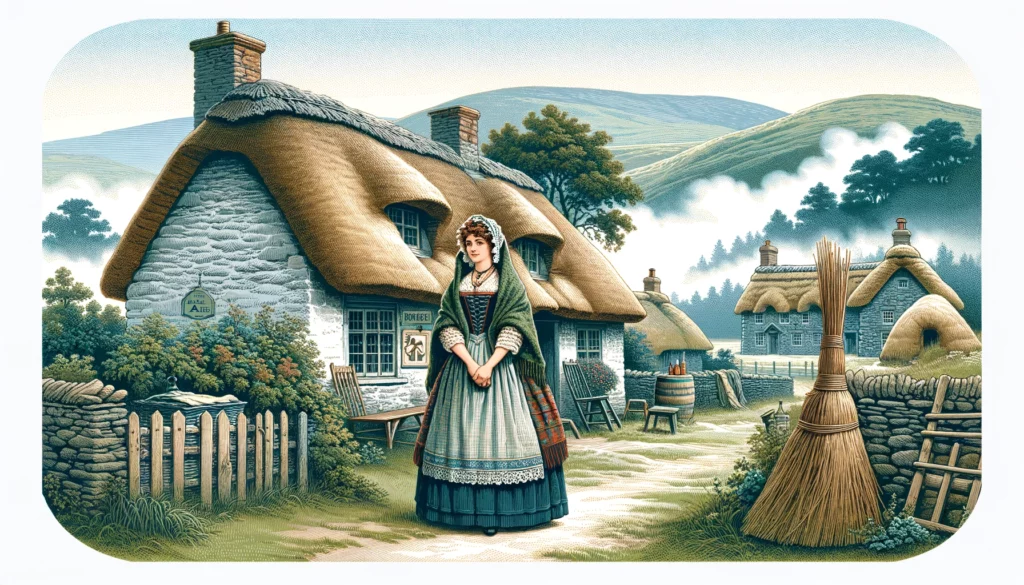
The fear of witchcraft resulted in persecution and executions across Europe. Around 500 people were executed in England, and between 3,000 and 4,000 in Scotland, but only a small number were hanged for witchcraft in Wales. five people
Wales had a unique perspective on witchcraft in the early modern period. Certain elements of Welsh culture, including superstition and religion, prevented the widespread witch trials observed in the rest of Britain and Europe.
In Welsh culture, there are suggestions that the traditional tall, black hat worn by Welsh women may have inspired the wide-brimmed hat associated with witches in fairy tales. Despite this, there were no witch hunts in Wales. So, what are the reasons for the lack of prosecutions in Wales? speculation There was a fear of witchcraft and supernatural harm among the Welsh, but it often manifested as disputes among neighbors and family members, generally amounting to nothing more than name-calling.
Other factors such as the preference for unreformed religion, the reliance on wise women and soothsayers for healing and finding lost items, and the influence of beggar women, meant that witchcraft was less likely to be brought to the attention of the courts. When it did come to trial, it was usually dismissed.
Allegations of witchcraft in Welsh court records from the 16th century onward are kept at the National Library of Wales. These trial records show that suspicions and verbal accusations of witchcraft, similar to those in the rest of Britain and Europe, were common in Wales. They often followed arguments or a request for charity that was denied.
Charges of witchcraft
Welsh court records from the 16th century onward are housed at the National Library of Wales. These records reveal bitter disputes among neighbors and family members, along with reports of cursed animals, injuries, miscarriages, and even murder. Accusations of witchcraft in Wales were typically made by other members of the community, often neighbors, relatives, and individuals with personal or financial motives for making accusations.
For a long time, outsiders viewed Wales as a land of magic, superstition, and the supernatural. English individuals occasionally
traveled to Wales seeking advice from enchanters and soothsayers. The appearance of women in Wales sometimes resembled that of witches, as they typically wore long, heavy woolen skirts, aprons, blouses, and large woolen shawls. Many peasant women brewed mead and ale, and advertised their ale for sale by displaying a sign outside their cottages. One of the most popular signs was a
The resemblance between average Welsh women and the witches described in early modern literature, such as the broomstick.
Malleus Maleficarum written by a German Catholic clergyman in 1486, led to the perception of Wales as a magical land abundant with witchcraft. This caused juries in early modern Wales to seriously question the validity of witch accusations.The people of Wales had religion, but they liked prayer more than doctrine, possibly because they couldn't read or understand the Bible, which wasn't fully translated into Welsh until later.
Religion
Instead of following the Protestant worship of the reformed church, Welsh tradition preferred to worship at home in ways similar to Catholic practices. Many people continued seeking the aid of charmers instead of the church, leading Elizabethan and Stuart politicians to talk about the religious “ignorance” in Wales. late 1500s.
aid of charmers instead of the church. And so Elizabethan and Stuart politicians frequently spoke about the religious “ignorance” in Wales. The church in Wales also participated in practices some would describe as witchcraft. There was even a strong medieval tradition of cursing by clerics.
cursing by clerics . This sort of formal cursing was often phrased as a petitionary prayer to God, showing the overlap between witchcraft and religion in Wales. Parsons were also responsible for writing protective prayers.For this reason, religious radicals in the south of England saw Wales, as well as Cornwall and the north of England, as “dark corners of the land”. Religious ignorance, superstition and residual Catholicism all contributed to a view of Wales as rife with magic and mystery.
“dark corners of the land” . Religious ignorance, superstition and residual Catholicism all contributed to a view of Wales as rife with magic and mystery.Both charms and curses across Wales contained Christian references and quotations taken from the Bible, showing the overlap between different belief systems. In many Welsh charms and curses, small crosses are written in the margins, indicating the need to perform the symbol of the cross.
Welsh charms and curses , small crosses are written in the margins, indicating the need to perform the symbol of the cross.A charm shared by Gwen ferch Ellis, the first woman to be hanged for witchcraft in Wales, included the words “Enw’r Tad, y Mab, a’r Ysbryd Duw glân a’r tair Mair” (translated as “the Father, the Son and the Holy Spirit of God, and the three Marys”). Her execution was probably a result of having crossed the wrong people, who had enough influence to sway the assize judges.
“Enw’r Tad, y Mab, a’r Ysbryd Duw glân a’r tair Mair” (translated as “the Father, the Son and the Holy Spirit of God, and the three Marys”). Her execution was probably a result of having crossed the wrong people, who had enough influence to sway the assize judges. There isn't just one reason why there were no witch hunts in Wales. Wise women, cunning folk and soothsayers were highly respected in Wales, using “magic” to perform important services for the community. Even clerics were part of this ritual of charming and cursing.
Whether they were brewing, cursing, charming or soothsaying, in Wales, the people accused were rarely doing anything out of the ordinary. While fear of the supernatural was common among common people, it seems Welsh juries tended to be more concerned with prosecuting theft than witchcraft.
Mari Ellis Dunning
, PhD Candidate, Welsh History,Aberystwyth University This article is republished from
The Conversation under a Creative Commons license. Read the original article The fear of witchcraft resulted in centuries of persecution and executions across Europe. While there were an estimated 500 executions in England, and between 3,000 and 4,000 killings in Scotland, only five people were hanged for witchcraft in Wales. Early modern Wales had a unique outlook on witchcraft. Different aspects of Welsh culture, including […].





